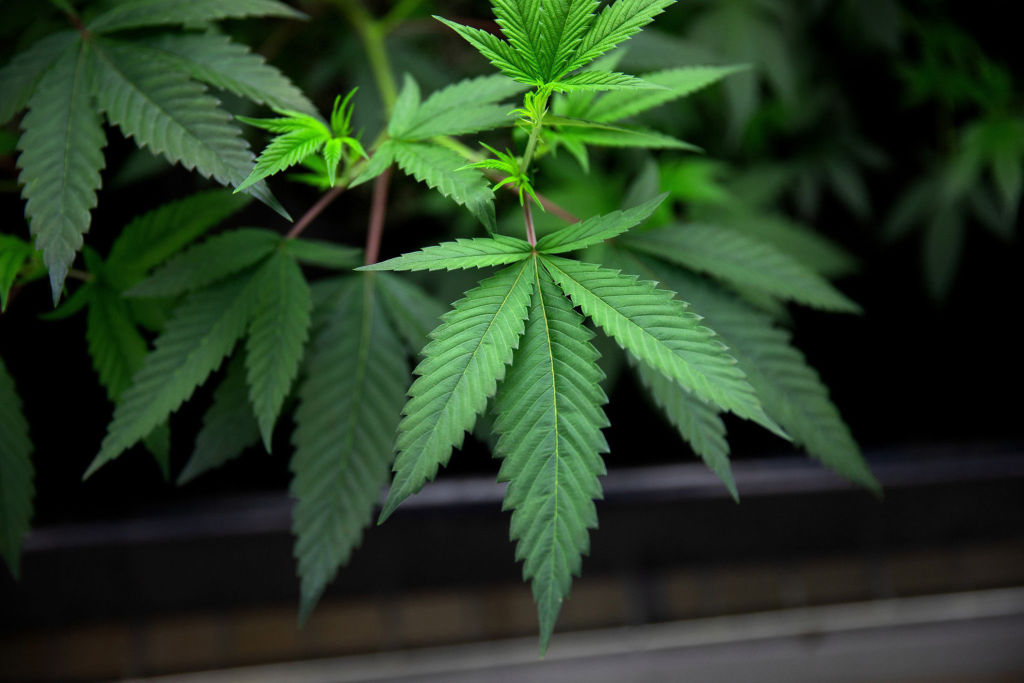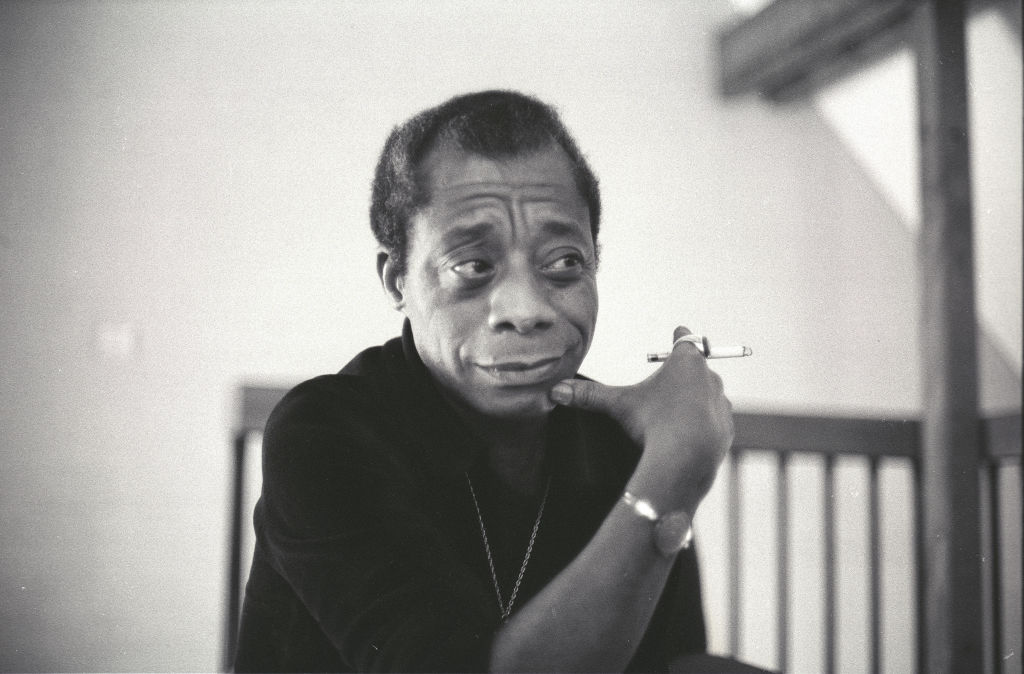Biden Administration Talks Pardons And Rescheduling Marijuana
Biden Administration Official Talks Marijuana Pardons And Reclassifying Weed: ‘It’s A Big Deal’

Source: Chicago Tribune / Getty
After President Biden announced historic federal action on marijuana, the calls for state governors to act were swift. While not a silver bullet, the president’s move last week is seen by many as a step in the right direction. But some of the most pressing changes require state governors to take action.
Marijuana decriminalization and legalization remain a patchwork of different rules and regulations ranging from 19 states, Washington D.C. and Guam legalizing recreational weed to states with harsh penalties for repeat offenders of even small amounts of the substance. The MORE Act, which would decriminalize marijuana among other things, stalled in the Senate after passing the House.
As the NAACP Legal Defense and Education Fund explained in an August 2022 policy brief, “There is no doubt that the herculean efforts to instill racism and disinformation into drug policy will not easily be overcome. An equally great effort must be made to remedy these harms.”
Chiraag Baines, White House deputy director of the Domestic Policy Council for Racial Justice and Equity, spoke with NewsOne about the president’s action on marijuana reform and what it means for the future. Baines noted the president fulfilled a campaign promise to address the nation’s failed approach to marijuana policy through criminalization.
He explains that a presidential pardon is an expression of the president’s forgiveness for a crime committed but does not remove the offense from a person’s record.
NewsOne: What exactly does this broad pardon for simple marijuana possession at the federal level do?
Chiraag Baines: There are three things that he did yesterday. First, he announced a full and unconditional pardon of all prior federal offenses of simple possession of marijuana. These pardons will help thousands of people, particularly with the collateral consequences of those convictions. People face barriers to housing, employment benefits and educational opportunities. They’re ineligible because of their prior convictions. [The] pardon fully and unconditionally relieves them of those barriers. It’s a big deal.
It also does apply to D.C., as you noted. Under D.C. law, D.C. code violations are prosecuted by the U.S. Attorney’s Office in D.C., which comes within the president’s purview. He is the only person who can issue pardons in D.C. The same does not apply to the states. But the impact in D.C. is going to be significant. Thousands of people have been prosecuted for simple possession of marijuana over the years in the District of Columbia, and they will benefit from this as well.
The second thing that the president did is asked every other governor, every governor in the United States, to do the same thing he did to follow his lead and issue pardons for state marijuana possession offenses. That’s where the vast majority of these prosecutions occur. And it’s very important that they do the same. And then the third thing, he is asking his Department of Health and Human Services and his Department of Justice to look at how marijuana is classified. Right now, it’s classified as a schedule one drug at the highest classification with the most severe restrictions. And he’s asking his agencies to take another look at that, as that classification does not make any sense.
NO: How important is it that we have a sitting president saying, ‘hey, this needs to be reviewed’ to see if this is how we should continue policy-wise as a country classifying this individual substance?
Baines: The president’s taken historic action here. And I know the question is about scheduling. But overall, the president has said repeatedly, including when he was running for office, that no one should be in jail solely for using or possessing marijuana. He’s also said there are just too many people serving long sentences for nonviolent drug crimes more broadly. And he noted that white, Black, and brown people use marijuana at similar rates. Still, disproportionately Black and brown people are arrested, convicted and sentenced to jail and prison time for the simple offense of marijuana. And that’s not right. And that’s, you know, that’s why he’s talked about it as a failed approach.
Now, the pardons help address it. The scheduling is going to be critical. The president is saying its current schedule doesn’t make sense. He’s asking his agencies to take a look at it. That process involves a review of the scientific and medical evidence and all other data that’s relevant. It will be a considerate and careful review. And it’ll be conducted by HHS and the Department of Justice. Marijuana is a schedule one drug that is on the same schedule as heroin and LSD. It’s above fentanyl and methamphetamine. Those are the drugs that are driving our overdose epidemic.
We need to be able to research medical marijuana. We need to be able to develop medical treatment using marijuana. The president is on record supporting the legalization of marijuana for medical use. And a critical part of that is ensuring we can research the impact of the drug and its derivatives. That will be much facilitated by changing the schedule. If that is where this goes, the schedule changes for marijuana would ease the burdensome restrictions on research and help advance medical treatments.
NO: What does the pardon actually allow? What does it do for people? And how does that work practically?
Baines: A pardon removes the legal consequences that flow from a conviction. The pardon power does not include the ability to expunge a conviction technically. That power lies with the courts or Congress as the power to further set forth the conditions under which a criminal conviction can and should be expunged. But the president’s power does have the legal and practical effect of lifting barriers to reentry that result from a conviction. So, it removes the collateral consequences of federal convictions, including barriers to eligibility for housing, benefits, employment and other activities. And that’s quite significant.
Right now, under federal law, people with misdemeanors or felonies that are drug convictions, including for simple possession of marijuana, are categorically ineligible for or can be excluded from activities like living in publicly assisted housing, being hired for federal jobs, getting government loans or grants, serving on a jury, and collecting food assistance and child welfare benefits. A pardon removes the punitive legal consequences of conviction, including these collateral consequences.
SEE ALSO:
After Marijuana Pardons, Black Leaders Urge Congress, Governors To Follow Biden’s Lead
President Biden Announces Pardons And Other Action On Federal Marijuana Reform
















